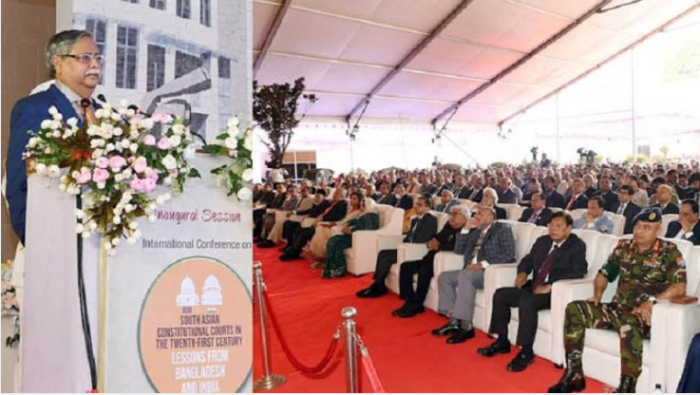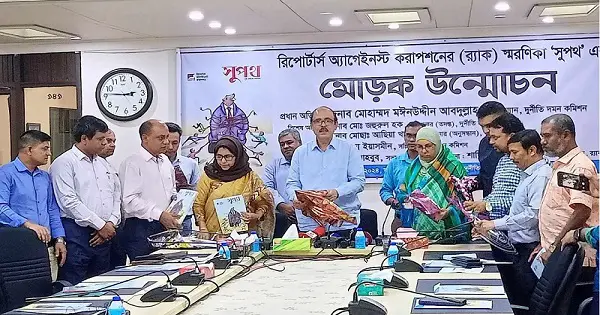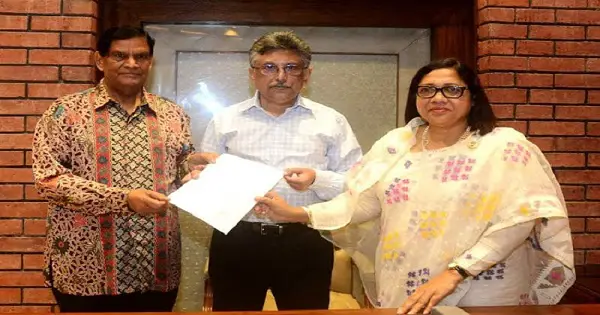The President Shahabuddin said, “Responsibility is closely linked to power. Power must be used to carry out responsibilities. Again, there must be accountability in the exercise of power. Be careful not to abuse your power.
“He was speaking at the inauguration of a two-day conference titled” “Constitutional Courts of South Asia in the 21st Century: Lessons from Bangladesh and India” “at the Inner Court Yard of the Supreme Court on Friday.”
Addressing the judges, the president said the rule of law and justice must be ensured by being accountable to the country, the people and the constitution.
He hoped that the justice seekers will get justice in the shortest possible time at a very low cost and the judges will ensure justice through merit and mindfulness.
Shahabuddin said the judiciary should be involved in the overall development and prosperity of the country. The Government is strongly committed to ensure transparency, efficiency and accountability of the judiciary.
The head of the state said since the beginning of its journey on December 18, 1972, the Supreme Court has been working to protect the basic human rights of the people, establish the rule of law and provide justice to the litigants in a short time. Whenever there was a need during the crisis of the nation, the Supreme Court has established the basic human rights of the people and protected the Constitution by performing the duties assigned to it. In peace and crisis, the Supreme Court is playing a prestigious role as the guardian and protector of the Constitution.
He said the anti-liberation forces usurped state power by brutally killing Father of the Nation Bangabandhu Sheikh Mujibur Rahman on August 15, 1975. But the Supreme Court did not allow the blue design of the conspirators to be implemented. The Supreme Court has established the democratic rights of the people of the country by declaring the 5th and 7th amendments of the Constitution illegal.
As two friendly countries in South Asia, Bangladesh and India have traversed unique paths in their respective journeys to establish the rule of law, develop democracy and uphold constitutional continuity.
Both Bangladesh and India have witnessed instances where the judiciary has intervened to protect the rights of marginalized communities, uphold the principles of environmentally sustainable development and good governance. The judiciary, judges and the people of both countries can benefit from the exchange of experience and training activities between the judiciary, judges and relevant officials of the two countries.
Shahabuddin said the constitutional courts of Bangladesh and India should take concerted steps for the development of the judiciary besides focusing on issues like access to justice and accountability of the judiciary.
Chief Justice of Bangladesh Obaidul Hassan was also present on the occasion. Bangladesh Law Minister Anisul Huq, Attorney General Abu Mohammad Amin Uddin and Supreme Court Bar Association President Advocate Khandaker Mahbub Hossain also spoke on the occasion. Momtaz Uddin Fakir and Justice Borhan Uddin of the Appellate Division.





